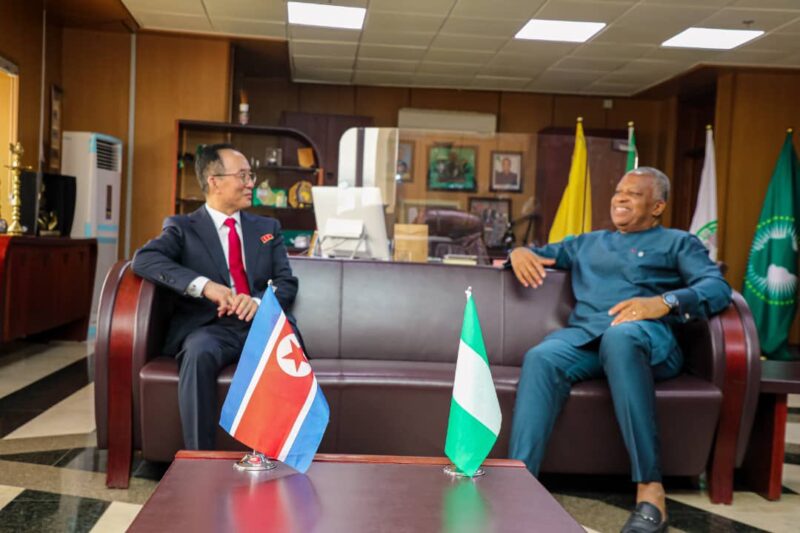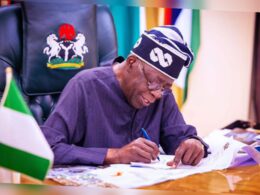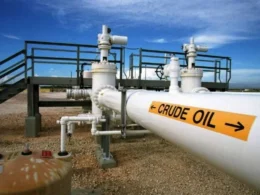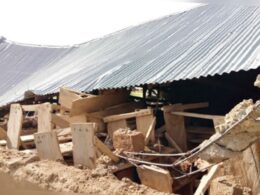On December 17, 2024, Nigeria officially reopened its embassy in Pyongyang, North Korea, following a closure that began in early 2021 due to the COVID-19 pandemic.
This makes Nigeria the second African nation, after Egypt, to maintain a diplomatic presence. The Nigerian embassy in Pyongyang suspended operations in early 2021 when North Korea imposed strict COVID-19 travel restrictions. These measures led to the departure of most foreign diplomats, effectively halting embassy activities.
Despite this, diplomatic relations between the two countries continued through Nigeria’s mission in Abuja.
Appointment of Charge d’Affaires
As part of the reopening, Patrick Imodu Imologhome was appointed as Nigeria’s charge d’affaires in Pyongyang. He arrived in December 2024 and immediately engaged with representatives from other diplomatic missions. On December 11, he met with Russian Ambassador Alexander Matsegora to discuss regional matters concerning the Korean Peninsula.
On December 13, he met with Chinese Ambassador Wang Yajun to explore ways to strengthen China-Nigeria relations. Imologhome’s appointment had been confirmed by Nigeria’s foreign ministry earlier in April 2023, but no full ambassador has yet been named for the post.
Even during the embassy’s closure, the two countries maintained ties. North Korea’s ambassador to Nigeria, Jon Tong Chol, continued to operate from Abuja and engaged Nigerian officials on multiple occasions. Discussions have covered various topics, including public health cooperation in 2020 and calls for increased parliamentary exchanges in 2023.
The two countries have maintained diplomatic relations since 1976, participating in dialogue and exchanges despite international tensions surrounding North Korea.
The reopening of Nigeria’s embassy coincides with renewed scrutiny over alleged sanctions violations linked to North Korea’s activities in Nigeria. According to a U.N. Panel of Experts, North Korea’s Haegumgang Trading Corporation attempted to sell military equipment worth $3.5 million to Nigeria in 2022. Additionally, reports suggest North Korean intermediaries may have been involved in money-laundering schemes within Nigeria.
Although Nigeria asserts it complied with U.N. sanctions requiring the expulsion of North Korean workers by December 2019, some reports indicate that certain workers may have remained in the country.










Join our Channel...